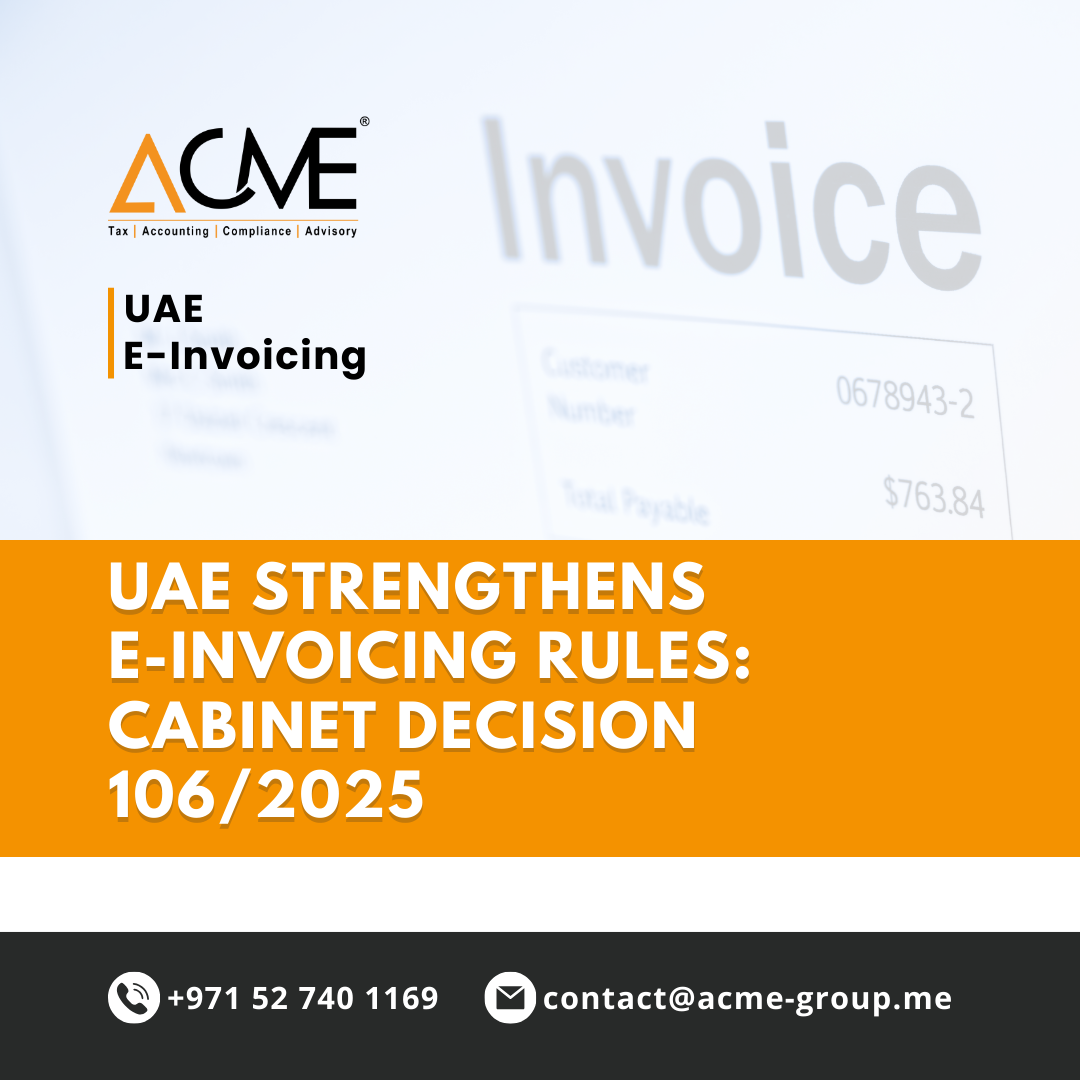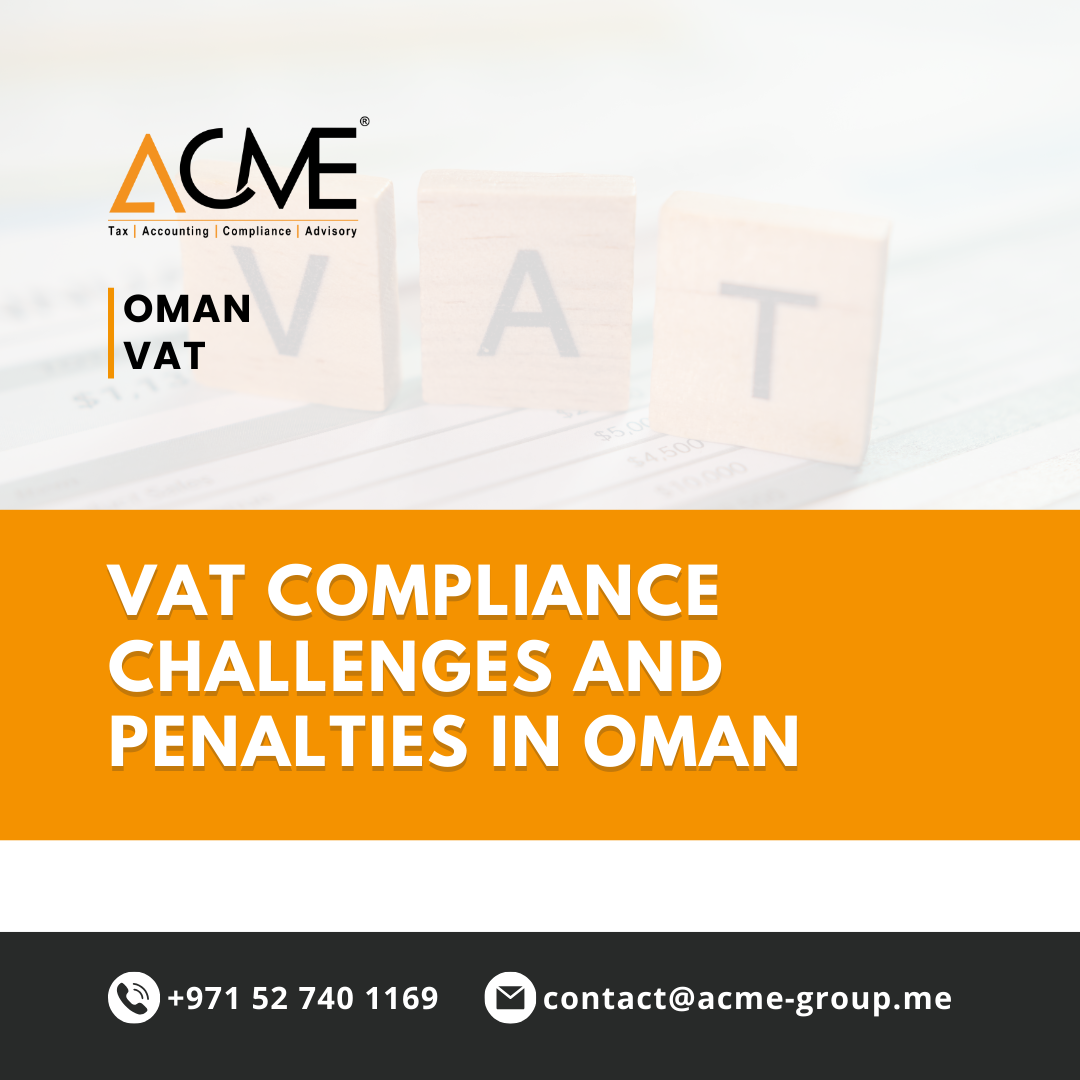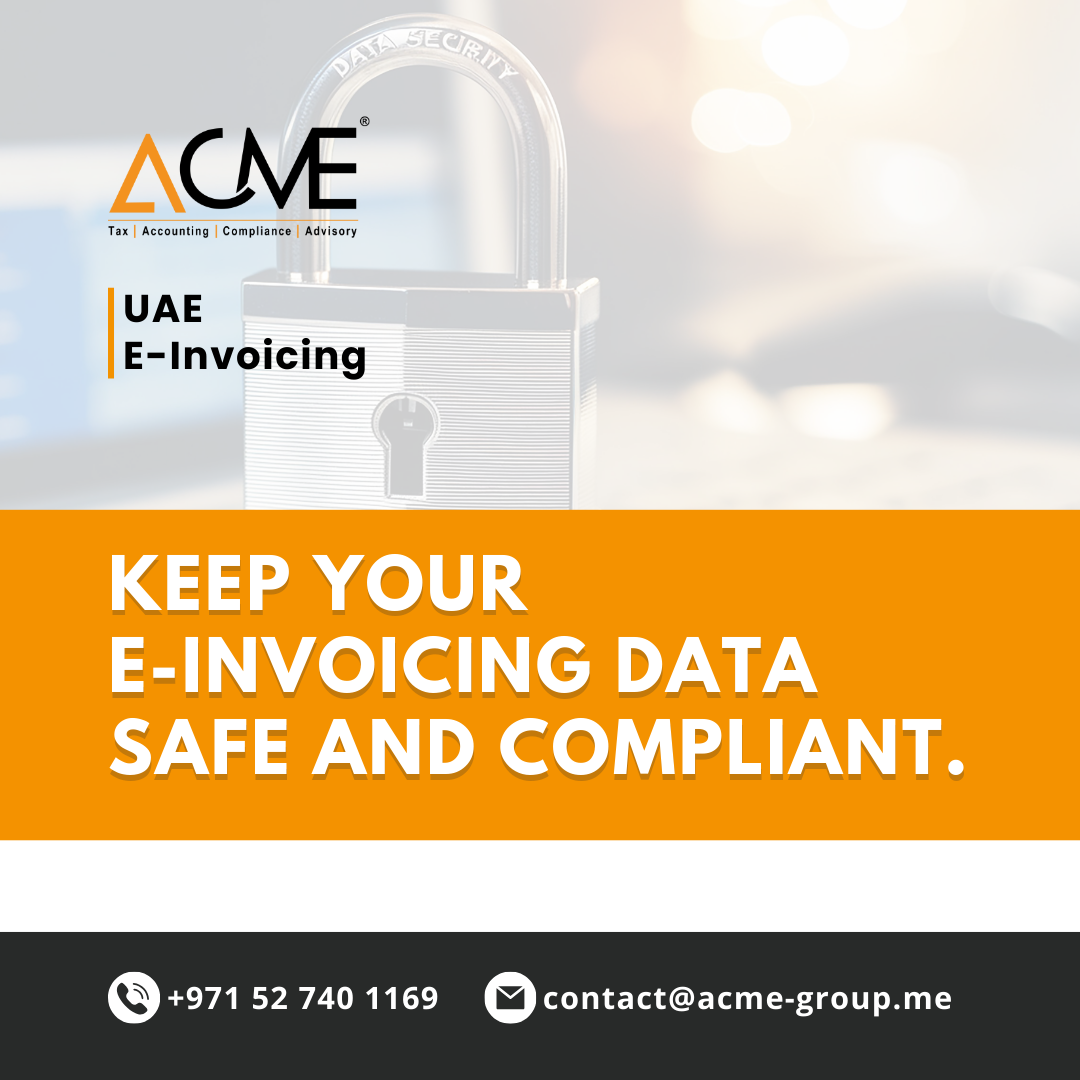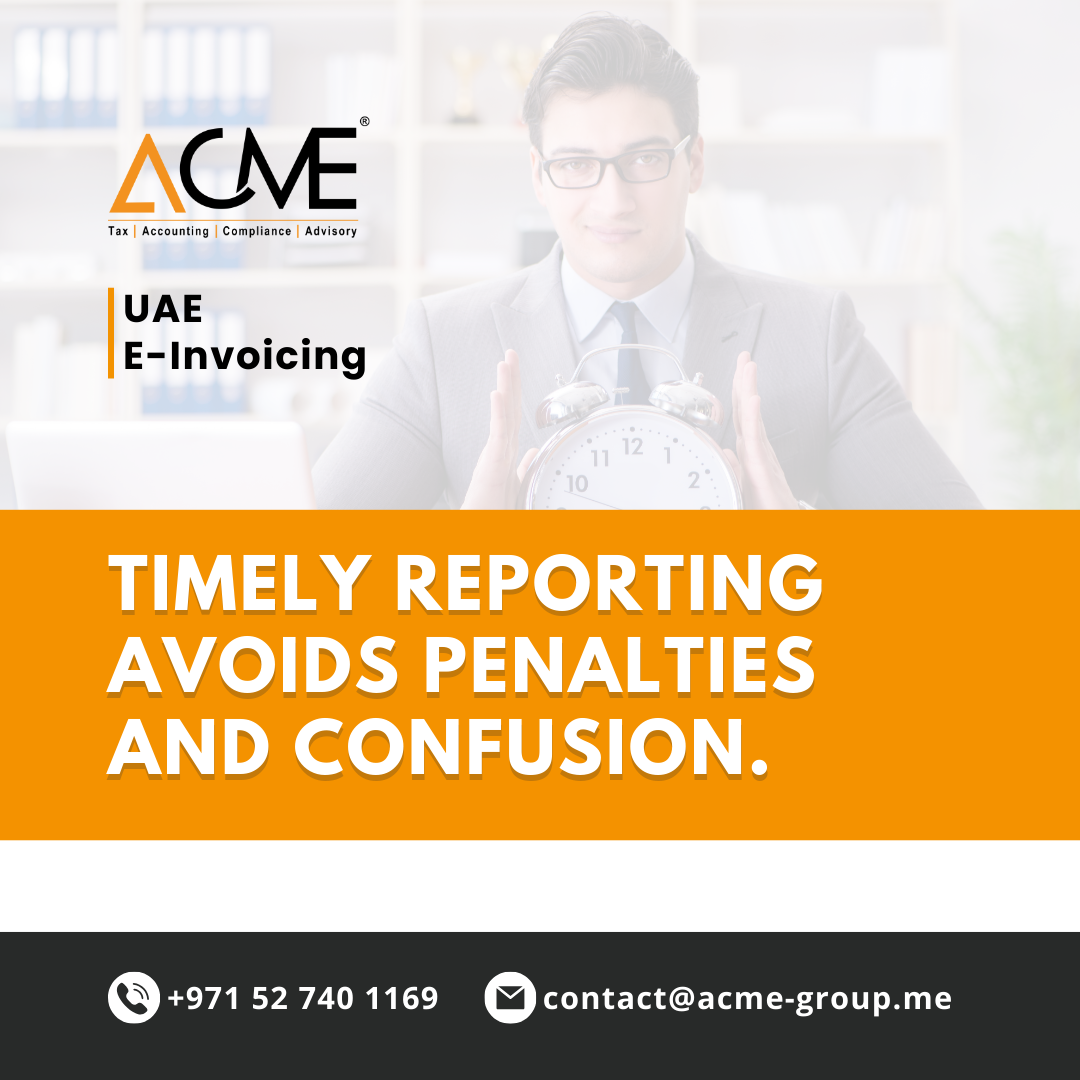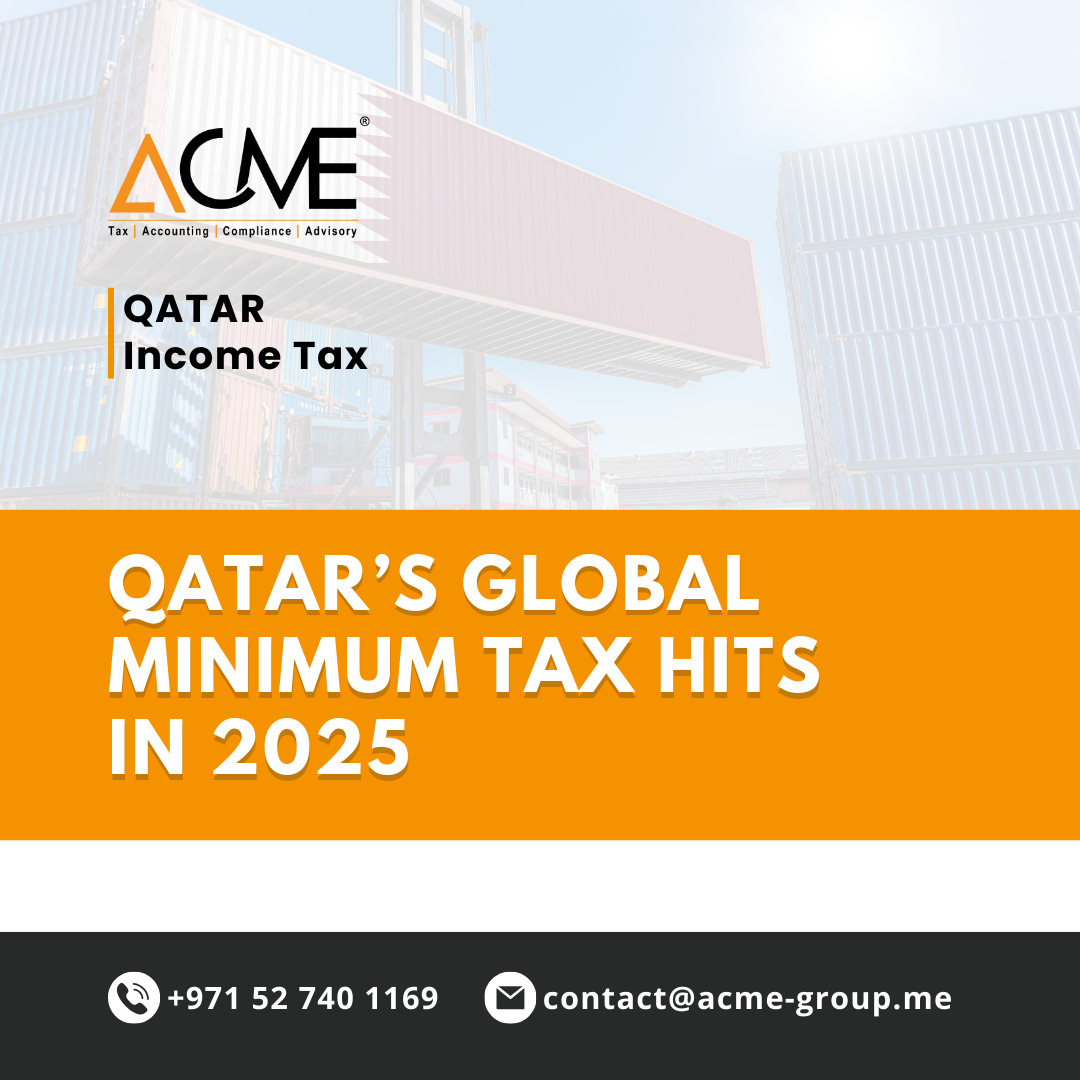In the realm of UAE’s Value-Added Tax (VAT) regime, the treatment of Free Zones and Designated Zones plays a crucial role in determining the tax obligations of businesses. Let’s delve into the intricacies of identifying Designated Zones and the VAT treatment within Free Zones.
VAT Basics in the UAE
VAT is a consumption tax levied on most goods and services across the UAE. This tax is applicable throughout the UAE’s territorial area, including both fenced and non-fenced Free Zones. However, the VAT treatment varies based on whether a Free Zone qualifies as a Designated Zone.
Designated Zones Defined
A Designated Zone is a specified area recognized by a Cabinet Decision as being outside the UAE for VAT purposes. These Designated Zones are listed in the Legislation section of the Federal Tax Authority (FTA) website. It’s important to note that not all Free Zones automatically qualify as Designated Zones; they must meet specific criteria.
Criteria for Designated Zones
To be treated as outside the UAE for VAT purposes, a Designated Zone must meet several criteria:
- Fenced Geographic Area: It must be a clearly defined and fenced geographic area.
- Security and Customs Controls: The zone must have stringent security measures and customs controls to monitor the movement of individuals and goods.
- Internal Procedures: There should be established internal procedures for the storage, handling, and processing of goods within the Designated Zone.
- Compliance: The operator of the Designated Zone must comply with the regulations and procedures outlined by the FTA.
Implications for Businesses
Entities operating within a Designated Zone are considered to have a place of residence in the UAE for VAT purposes. This means they are subject to UAE VAT regulations, even though some supplies within Designated Zones may be outside the scope of UAE VAT.
VAT Registration Requirements
Businesses conducting taxable activities in the UAE must register for VAT if their taxable supplies exceed the mandatory registration threshold. Additionally, businesses below this threshold but making taxable supplies or incurring VAT-related expenses may opt for voluntary VAT registration.
Conclusion
Understanding Designated Zones and their VAT treatment is essential for businesses operating in UAE Free Zones. Compliance with VAT regulations, including registration requirements, is crucial for navigating the complexities of VAT in the UAE’s dynamic business landscape.
This overview provides a foundational understanding of Designated Zones and their significance in the UAE’s VAT framework. Stay tuned for more insights on VAT-related topics to empower your business decisions in the UAE market.
Summary
The article explores the significance of Designated Zones and VAT treatment within Free Zones in the UAE. It outlines the criteria for Designated Zones, emphasizing the importance of security measures, internal procedures, and compliance for VAT purposes. Businesses operating in Designated Zones are deemed onshore for VAT, highlighting the need for VAT registration based on taxable thresholds. Understanding these concepts is crucial for navigating UAE’s VAT landscape and ensuring compliance for businesses in Free Zones.
Disclaimer:
Disclaimer: The Content offer general guidance and should not be considered legal, financial, or tax advice. Consult qualified professionals for personalized guidance. While efforts have been made to ensure accuracy, no guarantee is provided for completeness or applicability to individual situations. Users are responsible for their interpretation and actions based on this information, at their own risk.
For understanding more about VAT Updates, Tax Law and Registration reach out to us at:mailto:contact@acme-group.me| +971527401169
This article was published on 26 June 2024.
Download VAT Resources
-
VAT Return Preparation Checklist
Prepare for your VAT obligations with confidence
-
Financial Audit Self Assessment
Learn whether your financial records, internal controls, and audit readiness meet UAE compliance standards.
-
VAT Amendments
Stay updated with the latest VAT Amendments and how these affect your business
Related Posts
UAE Strengthens E-Invoicing Rules: Cabinet Decision 106/2025
The UAE has taken another major step in its digital tax transformation with Cabinet Decision No. 106 of 2025, issued on 24 …
VAT Compliance Challenges and Penalties in Oman
While VAT may seem straightforward, compliance can be challenging for businesses unfamiliar with the system. Errors in filing, invoicing, or record keeping …
Data Fortress
Key Points: Store all invoices & credit notes in UAE per Tax Procedures Law Authority may access or share data with other …
System SOS
Key Points: Notify FTA within 2 business days of any system failure Use mechanisms and procedures determined by the Authority Conclusion Timely …
Qatar’s Global Minimum Tax Hits in 2025
Key Points: Law No. 22 of 2024 amends Qatar’s Income Tax Law (Law No. 24 of 2018) to introduce the Domestic Minimum Top-Up Tax (DMTT) and …
Join our Newsletter!
Receive updates on the latest News, Events, Webinar and more.
Our Services
-
Tax ServicesTax Services
-
Financial ServicesFinancial Services
-
AdvisoryAdvisory
-
ComplianceCompliance
Explore More
-
About UsAbout Us
-
Privacy PolicyPrivacy Policy
-
Contact UsContact Us

